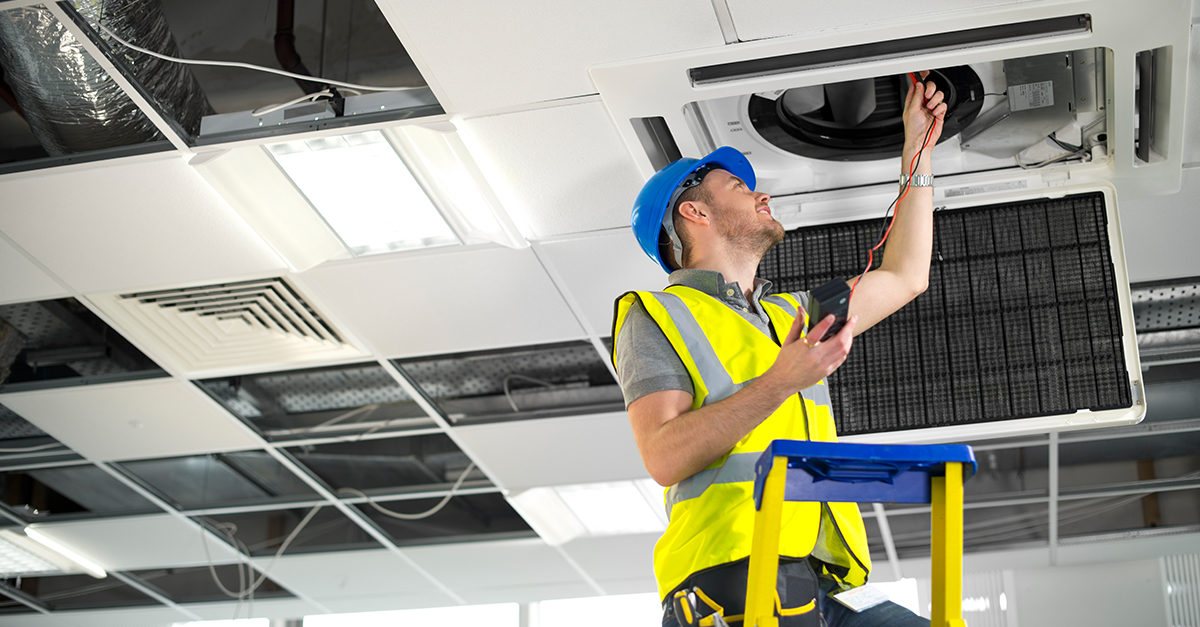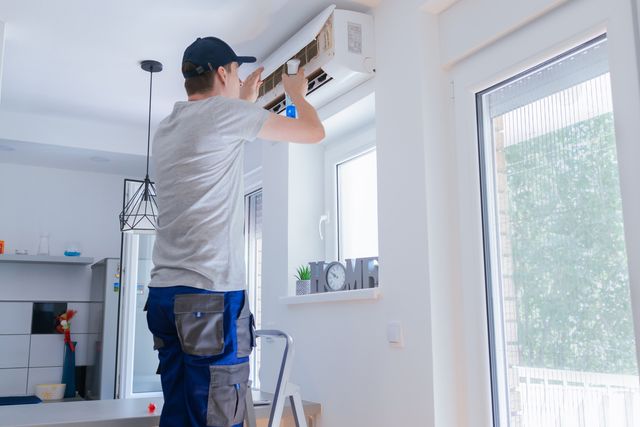For many homeowners and business owners, maintaining a pleasant indoor atmosphere is crucial, and a significant part of this is ensuring a fresh-smelling HVAC system. A smelly HVAC system not only affects comfort but could also indicate underlying issues. Understanding how to prevent these odors is vital for a healthier, more enjoyable environment.
In this article, we will explore the various aspects of smelly HVAC system prevention, including common causes of odors, preventive measures, and maintenance tips to keep your system fresh. By the end, you’ll have a comprehensive understanding of how to tackle this issue and improve your indoor air quality.

Understanding the Causes of Smelly HVAC Systems
Before diving into prevention strategies, it’s essential to understand what causes these unpleasant odors. Smelly HVAC systems can result from various factors, including:
Mold and Mildew Growth
Mold and mildew are common culprits, often thriving in the damp, dark environments within HVAC systems. These fungi can release a musty odor, indicating poor air quality and potential health risks.
Accumulated Dust and Debris
Dust and debris can accumulate over time, leading to clogged filters and vents. This buildup can cause stale, dusty smells to circulate in your home or business.
Biological Contaminants
Biological contaminants, such as bacteria and viruses, can also lead to unpleasant odors. These microorganisms can thrive in dirty or poorly maintained systems, further emphasizing the importance of regular cleaning.
Steps for Preventing Smelly HVAC Systems
Preventing odors in your HVAC system requires a proactive approach. Here are some practical steps you can take:
Regular HVAC Maintenance
One of the most effective ways to prevent odors is through regular maintenance. This includes changing air filters, cleaning ducts, and scheduling professional inspections. For a detailed checklist, you can visit this preventing odor in ducts checklist.
Use High-Quality Air Filters
Investing in high-quality air filters can make a significant difference. These filters can trap more dust, pollen, and other particles, reducing the likelihood of odor-causing buildup.
Ensure Proper Ventilation
Proper ventilation helps to keep your system dry and less susceptible to mold and mildew growth. Ensure that vents are not blocked and that your system is adequately ventilated.
Control Humidity Levels
High humidity can contribute to mold and mildew growth. Using dehumidifiers or ensuring your HVAC system is equipped to handle moisture can help control humidity levels.
Professional Duct Cleaning
Consider scheduling professional duct cleaning services to remove accumulated dust and debris. This can significantly reduce the presence of odors and improve overall air quality. For more information, check out this step-by-step guide.
Maintaining a Fresh-Smelling HVAC System
In addition to prevention, maintaining a fresh-smelling HVAC system involves ongoing care and attention. Here are some tips to keep your system smelling fresh:
Regular Inspections
Schedule regular inspections with a professional to identify and address potential issues before they become major problems.
Immediate Repairs
If you notice any issues, such as leaks or unusual noises, address them promptly to prevent further complications.
Use Air Fresheners Wisely
While air fresheners can mask odors temporarily, they are not a long-term solution. Use them sparingly and focus on addressing the root cause of odors.
Keep the Surrounding Area Clean
Ensure that the area around your HVAC system is clean and free of debris, which can contribute to odors.
Conclusion
Preventing a smelly HVAC system involves understanding the causes, implementing preventive measures, and maintaining your system regularly. By taking these steps, you can ensure a fresh, pleasant indoor environment for your home or business.
For more insights on fixing smelly vents, visit this guide on fixing smelly vents. Additionally, learn about musty smells and their causes at this external resource.

FAQs
Why does my HVAC system smell bad?
Bad smells in HVAC systems are often due to mold, mildew, dust, or biological contaminants. Regular maintenance can help prevent these issues.
How often should I change my air filters?
It’s recommended to change air filters every 1-3 months, depending on your system and usage to help prevent odors.
Can a professional cleaning help remove odors?
Yes, professional duct cleaning can remove accumulated dust and debris, significantly reducing odors.
This article contains affiliate links. We may earn a commission at no extra cost to you.